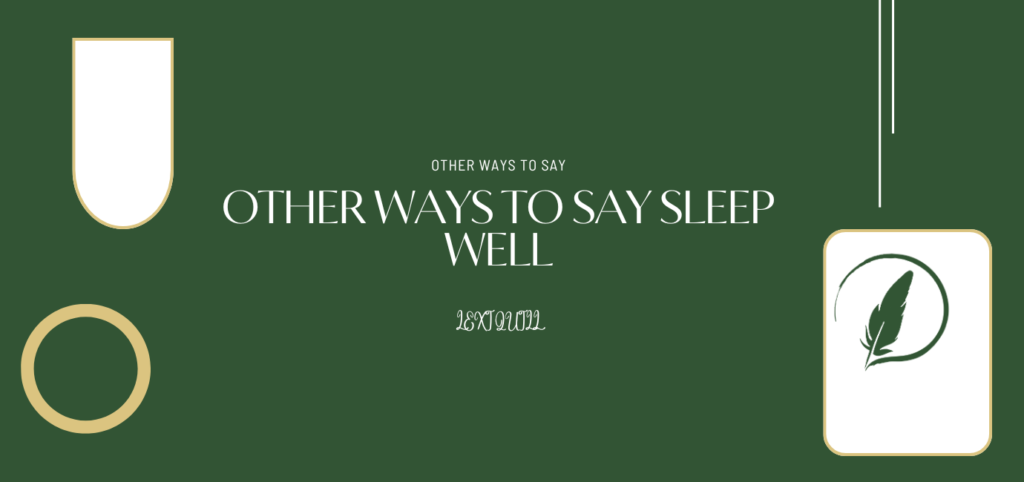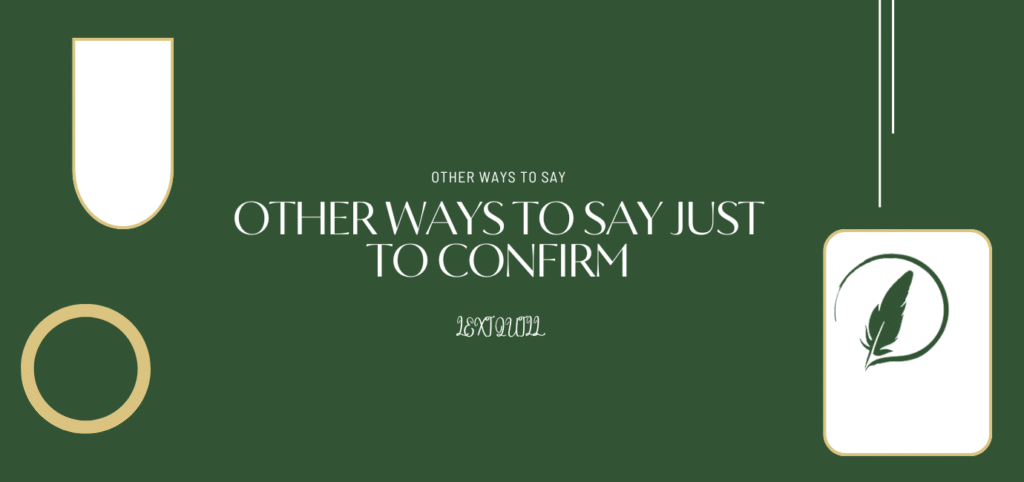In today’s workplace, effective communication is more than just a soft skill—it’s a career asset. Whether you’re writing a client email, speaking in a team meeting, or preparing for a presentation, the words you choose can shape how others perceive your competence, confidence, and professionalism.
One common expression that often needs a professional touch is the phrase “I’m excited.” While it’s friendly and enthusiastic, this everyday phrase can come across as too casual or overly emotional in formal business settings. That’s where professional communication comes in.
So, how do you professionally say “I’m excited”? This article explores polished, nuanced alternatives that communicate enthusiasm in a business-appropriate way—ensuring you come across as confident, credible, and career-ready.
1. “I’m Looking Forward To…” – A Positive Yet Professional Phrase
Nuance and Tone
This is one of the most versatile and widely accepted business synonyms for “I’m excited.” It conveys anticipation without sounding too emotional or informal.
When to Use It
- Client communications
- Email correspondence
- Project updates and status meetings
Example Sentence
“I’m looking forward to collaborating with you on the upcoming campaign.”
Related Professional Synonyms
- “I anticipate”
- “I’m eager for”
2. “I’m Eager To…” – Energetic and Engaged
Nuance and Tone
Slightly more enthusiastic than “looking forward to,” “I’m eager to” maintains a sense of professionalism while clearly expressing interest or drive.
When to Use It
- When starting a new role or project
- During interviews or performance reviews
- When communicating motivation to a superior
Example Sentence
“I’m eager to contribute to the success of the new initiative.”
Related Professional Synonyms
- “I’m motivated to”
- “I’m enthusiastic about”
3. “I’m Pleased To…” – Formal and Respectful
Nuance and Tone
This alternative emphasizes satisfaction or honor, making it a perfect fit for more formal announcements or written communications.
When to Use It
- Announcements or introductions
- Emails to external stakeholders
- Executive-level presentations
Example Sentence
“I’m pleased to introduce our newest team member, who brings a wealth of experience.”
Related Professional Synonyms
- “It’s my pleasure to…”
- “I’m honored to…”
4. “It’s a Privilege To…” – High-Level Formality
Nuance and Tone
Use this phrase when you want to show gratitude and humility alongside enthusiasm. It reflects professional appreciation for opportunities.
When to Use It
- Accepting new responsibilities or promotions
- Speaking at formal events or conferences
- Expressing gratitude to leadership or mentors
Example Sentence
“It’s a privilege to lead this talented team into the next quarter.”
Related Professional Synonyms
- “It’s an honor to…”
- “I feel fortunate to…”
5. “I’m Thrilled To…” – Controlled Enthusiasm
Nuance and Tone
While still conveying a strong sense of excitement, “I’m thrilled to” adds a touch of formality compared to the casual “I’m excited.” Use it in more energetic professional environments.
When to Use It
- Company culture announcements
- Celebrating milestones
- Internal communications with a positive tone
Example Sentence
“I’m thrilled to announce the successful completion of our product launch.”
Related Professional Synonyms
- “I’m delighted to…”
- “I’m overjoyed to…” (best used sparingly)
6. “I Welcome the Opportunity To…” – Enthusiasm Meets Initiative
Nuance and Tone
This phrase highlights your enthusiasm and proactive attitude. It’s particularly impactful when discussing new responsibilities or collaborative opportunities.
When to Use It
- Job applications or cover letters
- Professional development discussions
- Mentorship or networking conversations
Example Sentence
“I welcome the opportunity to contribute my skills to your innovative team.”
Related Professional Synonyms
- “I embrace the chance to…”
- “I’m open to contributing to…”
7. “I Am Delighted To…” – Formal Cheerfulness
Nuance and Tone
A refined, polished phrase that adds a gentle tone of happiness. It’s best used in positive announcements or to celebrate joint achievements.
When to Use It
- Sharing good news
- Event invitations
- Partnership communications
Example Sentence
“I am delighted to share that our division exceeded its Q2 goals.”
Related Professional Synonyms
- “I’m happy to…” (use carefully, as it can still sound informal)
- “It brings me great satisfaction to…”
Why Choosing the Right Professional Alternative Matters
In professional settings, the way you express excitement can influence how your message is received. Using polished and thoughtful alternatives to “I’m excited” enhances clarity, shows emotional intelligence, and helps establish your professional persona. It also prevents the risk of appearing overly casual or unprepared, especially in high-stakes environments like interviews, presentations, or client interactions.
Adopting professional language builds:
- Credibility and authority
- Positive first impressions
- Stronger collaboration and trust
Conclusion:
Choosing the right words is a subtle yet powerful way to present yourself as competent and credible. While “I’m excited” is perfectly fine in casual conversation, professionals benefit from using more nuanced and context-aware language.
So, how do you professionally say “I’m excited”? You now have a toolkit of strategic alternatives like “I’m looking forward to,” “I’m eager to,” and “I welcome the opportunity to”—phrases that let your enthusiasm shine while keeping your tone polished and career-ready.Start incorporating these business synonyms and professional alternatives today to elevate your workplace communication and leave a lasting impression in every interaction.








